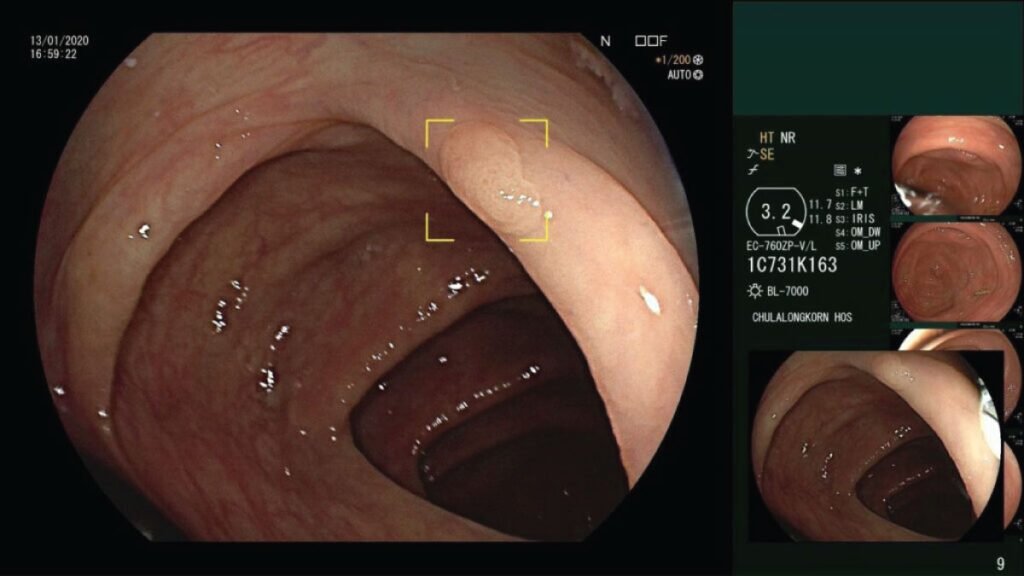Breakthroughs in artificial intelligence (AI) are transforming the healthcare sector, especially in the area of gastrointestinal (GI) endoscopy. Recent breakthroughs in AI-assisted GI endoscopy have made it possible to accurately identify colorectal cancer, which stands as a major cause of cancer-related fatalities globally. Researchers at Chulalongkorn University developed DeepGI, an AI-powered tool. This advanced technology not only aids in the early detection of cancer but also improves the accuracy and efficiency of medical procedures.
Benefits of AI-assisted GI endoscopy
AI-assisted GI endoscopy offers numerous benefits over conventional methods. By incorporating AI algorithms into endoscopic procedures, the system is able to analyze images in real-time, spotting minor abnormalities and polyps that might be overlooked by human observation. This increased level of precision can lead to the earlier detection of colorectal cancer, which is essential for successful treatment and better patient outcomes.
Furthermore, AI technology can standardize the detection process, minimizing the variation in results among different healthcare providers. This uniformity ensures that patients receive consistent, high-quality care regardless of the location or practitioner. The technology also streamlines the operations in endoscopy departments, facilitating quicker diagnoses and reducing the workload on medical staff.
Potential Uses of AI-Assisted GI Endoscopy in Medical Devices
The potential uses of AI-assisted GI endoscopy in medical devices are extensive. Beyond the detection of colorectal cancer, this technology could be adapted to identify other gastrointestinal diseases, such as Crohn’s disease, ulcers, and various types of cancer. AI-driven diagnostics could be integrated into compact endoscopy devices, making cutting-edge diagnostic tools more accessible to clinics and hospitals that have limited resources.
Additionally, AI can assist in creating personalized treatment plans by analyzing patient data to forecast disease progression and treatment responses. This capability could revolutionize the management of gastrointestinal diseases, leading to more effective and customized therapies for patients.
Future Developments in AI-Assisted Medical Technologies
The future of AI-assisted medical technologies looks bright, with ongoing research and development aimed at enhancing the accuracy and capabilities of AI systems. As AI continues to progress, we can anticipate more advanced algorithms that can detect a wider array of diseases with even greater accuracy. The integration of AI into telemedicine platforms could also increase access to sophisticated diagnostics, particularly in remote or underserved regions.
Moreover, the collaboration between AI and other emerging technologies, such as robotics and augmented reality, could further augment the capabilities of medical devices. These advancements have the potential to transform not just GI endoscopy but the entire healthcare sector, leading to improved patient outcomes worldwide.
Conclusion
AI-enhanced GI endoscopy represents a significant advancement in the early detection and treatment of colorectal cancer. By improving the accuracy and efficiency of endoscopic procedures, this technology has the potential to save lives and enhance patient care. As AI progresses, its applications in medical devices are likely to expand, ushering in a new era of precision medicine and personalized healthcare.
